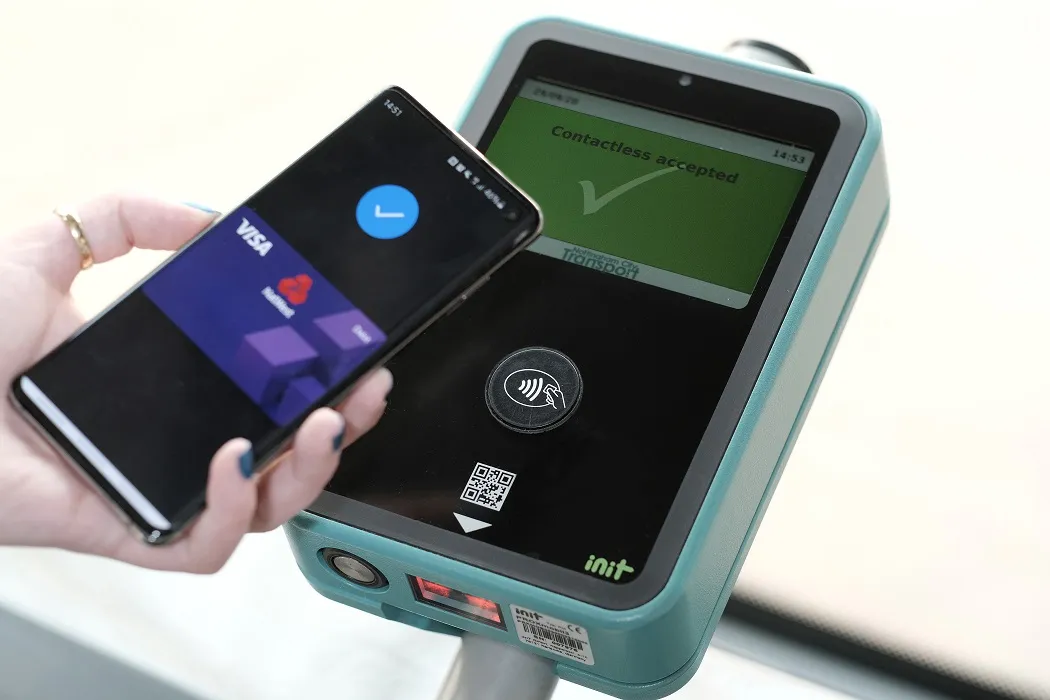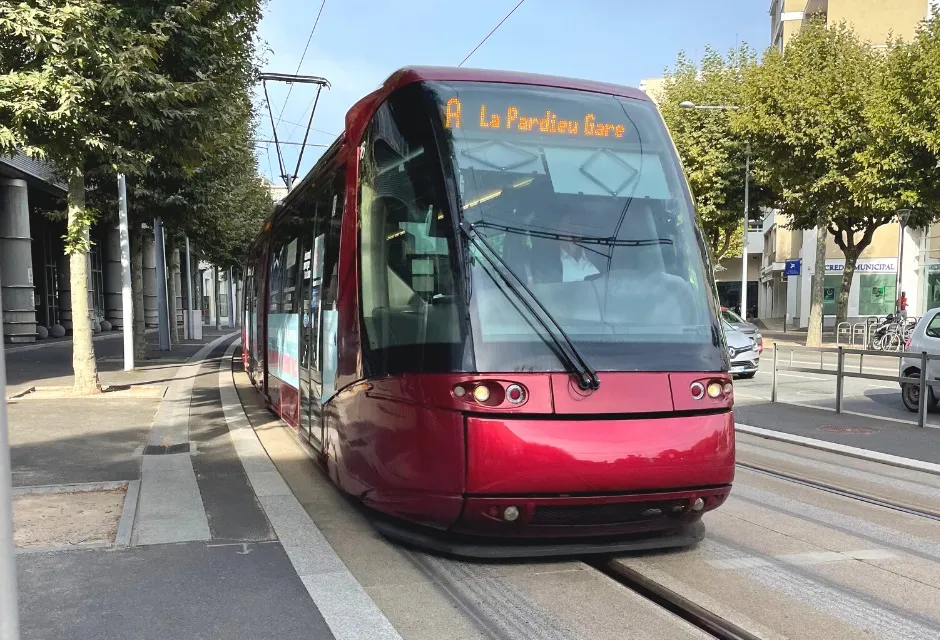Transport for New South Wales (TfNSW), Australia and Cubic Transportation Systems (CTS) are to trial contactless ‘pay as you go’ bank card technology on Sydney’s popular Manly Ferry service. The technology will operate in tandem with the Opal card system.
July 10, 2017
Read time: 1 min
Transport for New South Wales (TfNSW), Australia and
The trial leverages the technology behind the Opal smart card ticketing system, installed and operated by Cubic. It follows Cubic’s announcement in December 2016 that the company had received a contract worth up to US$8.8 million or AUD $12 million from TfNSW to deliver a trial of London-style open payments ticketing technology in Australia’s largest city.









